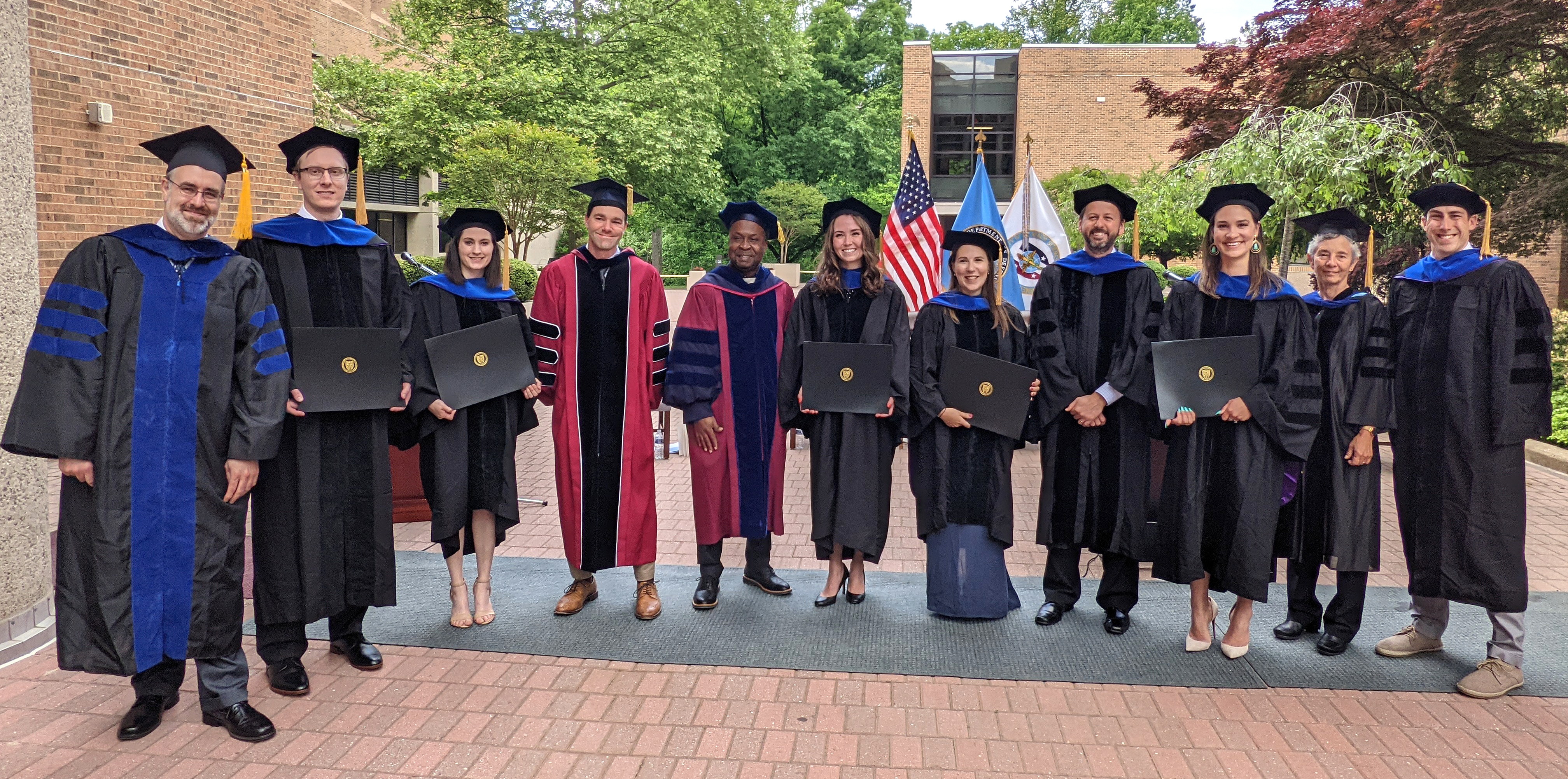APG is actively involved in educating the next generation leaders in military medicine, and scientific research. We teach foundational subjects in the biomedical sciences to medical students, graduate students, nursing students, dental students, residents, and post-doctoral fellows. APG's teaching activities emphasize learner-centered approaches to enhance academic achievement, promote problem-solving and critical thinking skills and foster life-long, self-directed learning. Our educators are true pedagogical innovators, developing new approaches and incorporating technology to facilitate learning and stay at the forefront of education trends. This ingenuity was on full display as APG rapidly pivoted to remote/hybrid learning in order to provide our students with high-quality educational experiences during the covid-19 pandemic.
Molecules to military medicine curriculum
The APG faculty teach core scientific concepts such as Histology, Cell Biology, Physiology, Neuroscience, Gross Anatomy and Embryology in all seven Preclerkship Modules of the medical school's 'Molecules to Military Medicine' curriculum. Our educational content places heavy emphasis on the clinical and military relevance of each topic. Instructional approaches range from traditional lectures to hands-on laboratory sessions, small-group problem-solving sessions and cadaveric dissection. APG faculty members serve in leadership roles as Module Directors and Course Directors, and we are heavily involved in curriculum design and oversight through membership on curriculum committees and task forces. We also contribute to teaching advanced didactics and anatomy teaching electives in the postclerkship curriculum and we regularly serve as advisors for medical student Capstone research projects.
Graduate Programs in Biomedical Sciences
The Interdisciplinary Graduate Programs are an integral component of APG. The Neuroscience Graduate Program is currently directed by Dr. Kimberly Byrnes (APG). APG faculty members serve on the Graduate Education Committee and Executive Committees for both the Neuroscience Program and the Molecular and Cell Biology Program, as well as on subcommittees within these programs. Our faculty serve as course directors and instructors in numerous courses, which cover core topics, recent discoveries, experimental techniques, grant writing and oral presentation skills, data analysis and ethics. APG faculty members mentor students for research rotations, serve on qualifying exam and thesis committees, and are advisors for thesis research.

